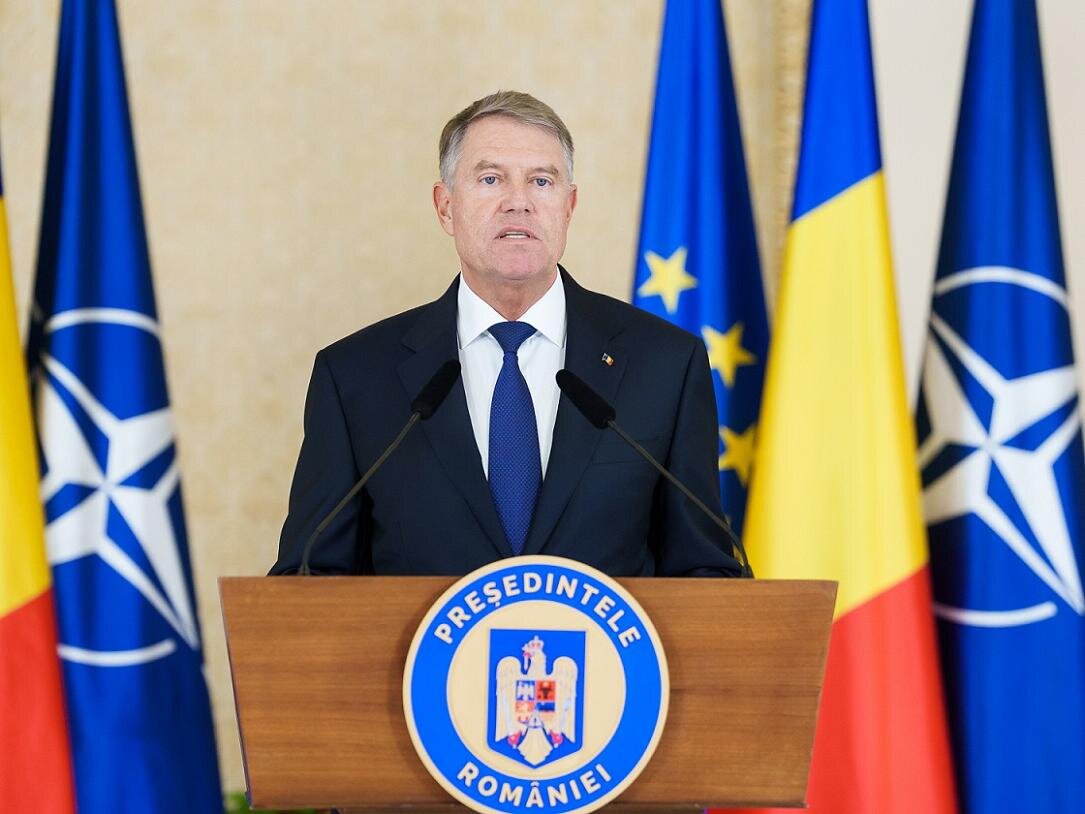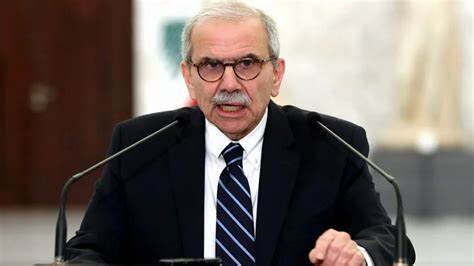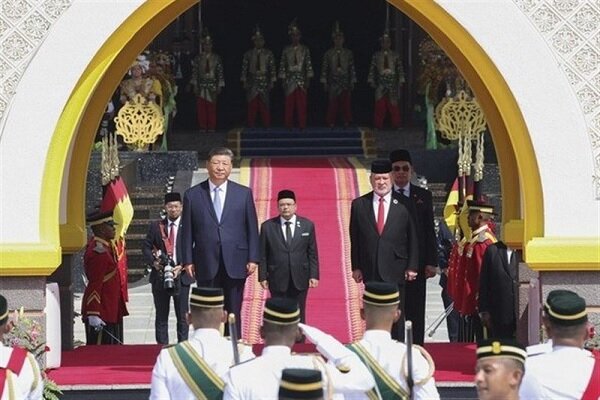Breaking News: Romanian President Resigns, Shocking Political Shift Unfolds – Mehr News Agency
In a significant political shift, Romania is set to experience a change in leadership as President Klaus Iohannis has announced his resignation. This decision aims to alleviate the ongoing crisis facing the nation and its citizens. The resignation is scheduled for February 12, just two days after his announcement on February 10, as reported by Romania Insider.
President Iohannis’s resignation comes at a critical time when the Romanian Parliament is preparing to discuss a third request for his suspension from office. This request is set to be voted on Tuesday, February 11. The political landscape has been turbulent, with opposition parties previously attempting to suspend the president but facing procedural hurdles.
Key points regarding the current political situation include:
- Opposition Collaboration: The ultranationalist parties, including the Parties of Young People (POT), the Alliance for the Union of Romanians (AUR), and SOS, have joined forces with the Save Romania Union (USR) to gather the necessary signatures for the suspension process.
- Previous Requests: This is the third request for suspension, with previous attempts being rejected due to procedural issues.
- Constitutional Legitimacy: Iohannis has maintained that his presidency remains constitutional, especially after the annulment of last year’s presidential elections by the Constitutional Court (CCR).
- Interim Leadership: Following Iohannis’s resignation, the head of the Senate, currently Ilie Bolojan, will assume the role of interim president until a new election is held in May.
Amidst this political turmoil, Iohannis’s decision to step down appears to be a strategic move to stabilize the situation. He expressed that his resignation is intended to spare Romania and its citizens from further crisis, indicating a sense of responsibility towards the nation.
The current political climate in Romania reflects a broader struggle for power and legitimacy. Iohannis’s administration has faced increasing scrutiny from opposition parties, particularly regarding the legality and ethics surrounding his extended mandate. The overturning of the previous presidential elections has led to a contentious political environment, with opposition factions questioning the democratic integrity of Iohannis’s presidency.
The constitutional framework in Romania provides for an interim president in such situations. According to the constitution, the head of the Senate will serve in this capacity until the election of a new president, ensuring continuity in governance amidst the transition.
As Romania prepares for the upcoming presidential elections in May, the political dynamics are likely to shift significantly. Voters will have the opportunity to express their preferences and choose a leader who aligns with their vision for the country. The outcome of these elections will be crucial in determining the direction of Romanian politics in the coming years.
In conclusion, President Klaus Iohannis’s resignation marks a pivotal moment in Romanian politics. As the nation moves forward, the focus will be on ensuring a fair and democratic election process that reflects the will of the people. The interim leadership under Ilie Bolojan will play a crucial role in navigating this transitional period, setting the stage for the future of Romania.






